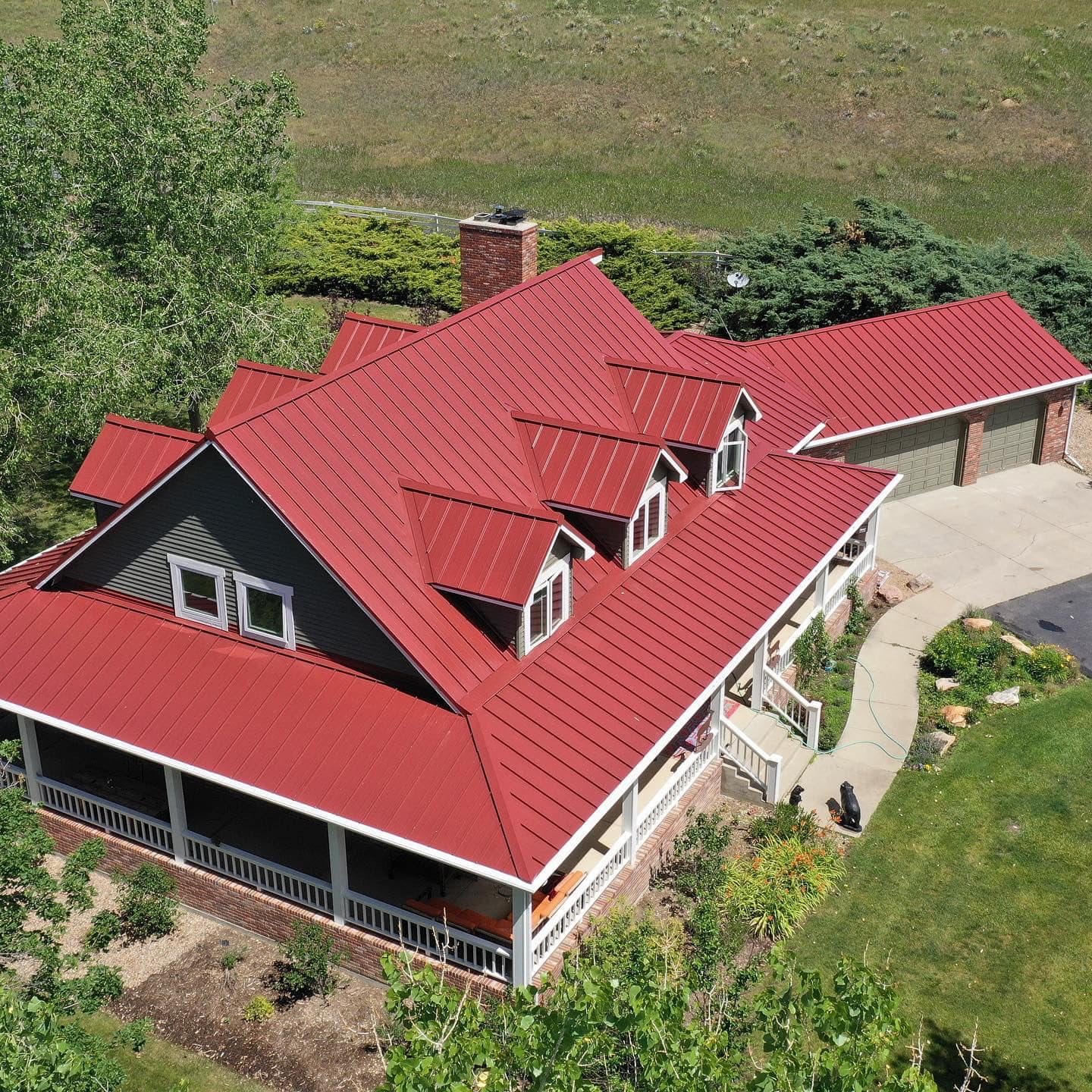High-Quality Metal Siding Machines Available for Purchase from Leading Manufacturers and Suppliers
Exploring Metal Siding Machine Options for Sale
In recent years, the construction and renovation industries have seen a significant shift towards sustainable and durable materials. Metal siding has emerged as a popular choice among builders and homeowners alike, offering superior protection against the elements while providing aesthetic appeal. To meet this growing demand, the market has seen an influx of metal siding machines available for sale, tailored to manufacturing high-quality siding efficiently.
Metal siding machines are sophisticated pieces of equipment designed to produce various profiles and styles of metal siding panels. They can handle a variety of metals, including steel and aluminum, and can create siding that mimics traditional materials like wood or brick without the associated maintenance inconveniences. Investing in a metal siding machine can lead to increased productivity and reduced labor costs, making it a compelling choice for both established manufacturers and new entrants in the siding production market.
Types of Metal Siding Machines
There are several types of metal siding machines available for sale, each catering to different production needs
1. Roll Forming Machines These machines are perhaps the most common in metal siding production. They work by feeding a coil of metal through a series of rollers that gradually shape it into the desired siding profile. Roll forming machines can be customized to produce a variety of designs, making them versatile options for manufacturers looking to offer diverse products.
2. CNC Machines Computer Numerical Control (CNC) machines provide precision and automation in metal siding production. These machines can cut, bend, and shape metal to exact specifications, allowing for intricate designs and custom orders. With CNC technology, manufacturers can significantly enhance production speed and reduce material waste.
3. Panel Machines Specifically designed for creating large panels, these machines can produce siding in extended lengths and varying widths. They are ideal for residential and commercial construction projects requiring sizable siding sections.
4. Finishing Machines After the primary siding panels are created, they often require finishing touches, such as painting or coating. Finishing machines streamline this process, ensuring that the final product is both visually appealing and protected from environmental wear.
metal siding machine for sale factories

Choosing the Right Metal Siding Machine
When considering purchasing a metal siding machine, several factors should be taken into account
- Production Capacity Evaluate your current and future production needs. Machines with higher output capacities will be more beneficial for larger operations, while smaller manufacturers may prefer machines with lower capacities but greater versatility.
- Customization Options The ability to customize die profiles and settings allows manufacturers to offer unique products. Look for machines that provide flexibility in design to cater to diverse market demands.
- Durability and Maintenance Investing in a robust machine that requires minimal maintenance will save time and money in the long run. Research the build quality and reviews from other manufacturers to gauge reliability.
- Supplier Support Choose a reputable supplier who offers comprehensive support, including installation, training, and after-sales service. This can make a significant difference in how quickly you can begin production and troubleshoot any issues that arise.
Conclusion
The market for metal siding machines is rich with options that can significantly enhance production capabilities for manufacturers. As the demand for metal siding continues to grow due to its durability, aesthetic versatility, and low maintenance needs, investing in a high-quality metal siding machine is not just a business decision—it's a step towards meeting modern construction challenges effectively. Whether you are a seasoned manufacturer or starting a new venture, understanding the available options and choosing the right machine can set you on a path to success in the competitive siding market.








